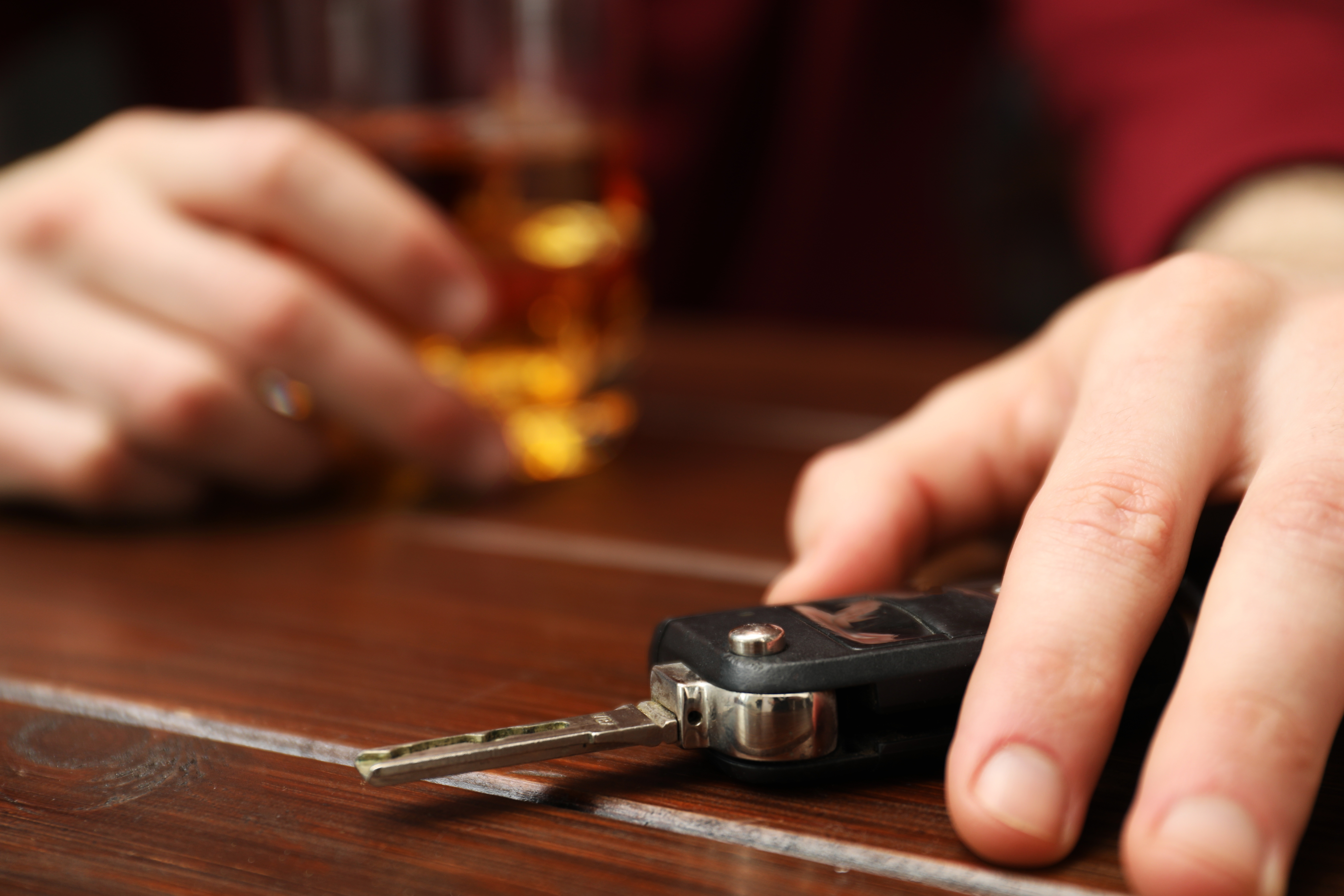Drink Driving at Christmas

Christmas parties, festive dinners, and New Year’s Eve celebrations often lead to increased alcohol consumption. With the festive cheer, the temptation to drive afterwards can lead to serious consequences. If you are charged with drink or drug driving, it’s crucial to seek specialist legal advice from expert drink driving lawyers as soon as possible
Drink Driving: Understanding the Consequences
Driving or attempting to drive while over the alcohol limit can lead to severe penalties, including a mandatory driving disqualification of at least 12 months. Depending on the circumstances and your alcohol reading, additional punishments could include hefty fines or even a prison sentence.
In England and Wales, the drink-driving limits are:
- Breath: 35 micrograms of alcohol per 100 millilitres of breath
- Blood: 80 milligrams of alcohol per 100 millilitres of blood
- Urine: 107 milligrams of alcohol per 100 millilitres of urine
Can I Drive the Next Day after Drinking Alcohol?
It’s easy to assume that after a night’s sleep, you’re ‘safe’ to drive. However, alcohol takes time to leave your system, and this can vary based on factors like your weight, what you’ve eaten, and how long you were drinking. It’s virtually impossible to predict your exact blood alcohol level several hours after drinking.
Even if you feel fine, you might still be over the legal limit.
Do I Have a Defence to Drink Driving?
If there is evidence you were driving and your alcohol reading is admissible, you will likely be found guilty of the offence. However, there are complex police procedures and safeguards to ensure the alcohol reading is accurate. Specialist drink driving lawyers can scrutinise whether these procedures were properly complied with, as otherwise a defence may be available.
Additionally, the circumstances of why you were driving may amount to a Special Reasons which can allow the court not to disqualify you from driving.
Do I Have to Provide a Breath or Blood Sample?
Your alcohol levels are measured through a specimen of breath, blood or urine. Refusing to provide a sample is an offence in itself, unless you have a reasonable excuse, such as a physical or mental inability to provide one. A reasonable excuse does not include delaying giving a sample “until you receive legal advice.”
Drug Driving: The Same Risks as Drink Driving
Drug driving—whether due to prescription medication, over-the-counter drugs, or recreational drugs—can impair your ability to drive in similar ways to alcohol. Drugs can affect your perception, slow your reflexes, and cause drowsiness, all of which can significantly impair your driving.
Drug driving limits are now set at zero tolerance for certain substances. This means even small amounts of specific drugs in your system can lead to prosecution. The penalties for drug driving are similar to those for drink driving, including:
- A minimum 12-month driving disqualification
- An unlimited fine
- Up to 6 months in prison
- A criminal record and endorsement on your driving licence for 11 years
Get Legal Advice Early
The consequences of being convicted for drink or drug driving can have a lasting impact on your life. Beyond losing your driving licence, you could face fines, imprisonment, and a criminal record. That’s why it’s essential to seek expert legal help at the earliest opportunity.
At David Gray, our motoring solicitors specialise in defending individuals accused of drink and drug driving offences. If you are facing charges or under investigation, don’t delay—contact us today for expert legal advice and representation from our drink driving lawyers. We will assess your case, explore possible defences, and work with you to secure the best possible outcome. Call now on 0191 232 9547.



